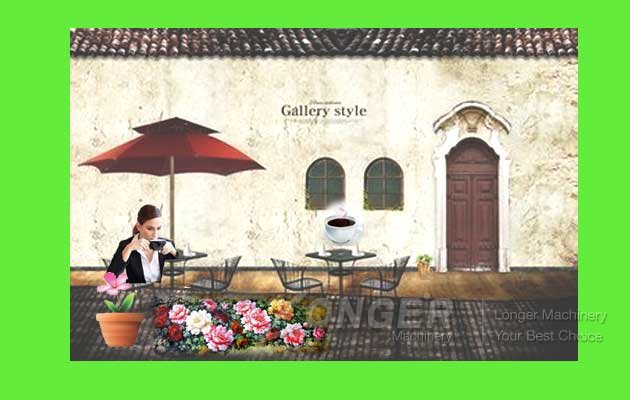Coffee Shop Culture
People who love coffee shops and coffee drinkers are more likely to love the drink because of its effects on the body and mind. Coffee stimulates the sympathetic nerves that stimulate us to think, talk, read, write, or work.
Muslims, the world's first coffee drinkers, call it "the nectar of the sun god". Because coffee encourages people to think, dream and debate, they say: "coffee is the food for thinkers and chess masters." At that time, they fought back against christians and infidels for defamation of coffee drinks.
As a drink, coffee is popular in north Africa and the eastern Mediterranean. Whether it was the cafe in mecca or the coffee house today, consumers are more likely to read and talk than dance. More willing to play chess than gamble. Prefer to listen quietly to music instead of singing.
Cafes are generally open in the street or in the open air, unlike bars, which are surrounded by darkness and away from the rational world. People who drink coffee don't need an underground shelter, they need a comfortable corner to read the newspaper and talk about it.
Cafes are often associated with work and informal learning. Even in the most humble cafes, people who bury their heads in books are a common sight. The turks call their cafes schoolsofthewise. In fact, in the 18th and 19th centuries, in addition to the open pie impressionist painter this romantic don't often outside the cafe, European or American intellectuals will put the best time of day to soak in the cafe. Enlightenment not only brought new world views to Europe, but also brought coffee and tea to Europe. It's always easier to promote innovative ideas after a morning coffee than to eat a typical old fashioned brewed green fish breakfast.

- May 22, 2017
- tina


Message